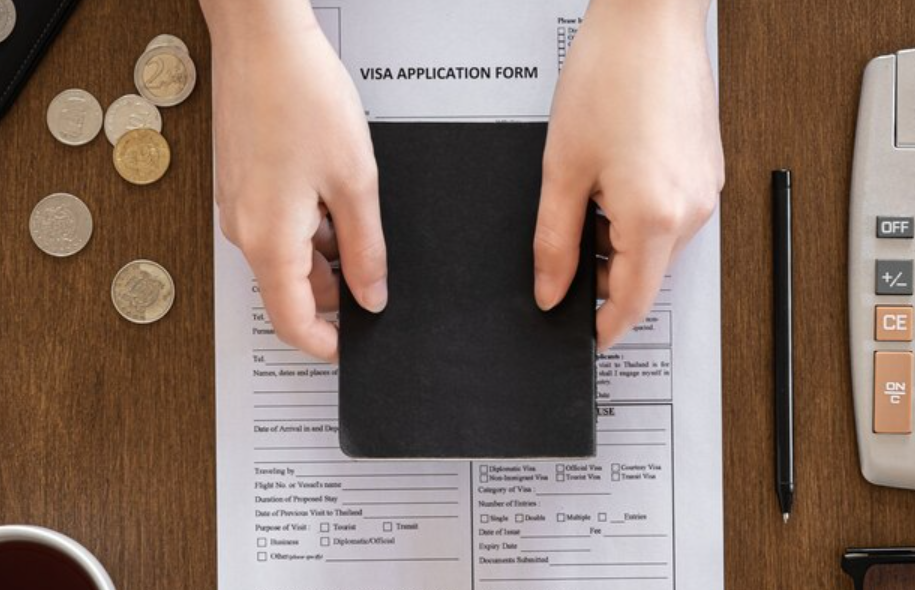Maintaining accurate tax records is crucial for individuals and businesses alike. Proper documentation ensures compliance with tax regulations, reduces the risk of audits, and helps optimize financial planning. Many businesses struggle with record-keeping, which can lead to penalties and missed deductions. By implementing an organized system, you can streamline tax preparation and maintain financial stability. If you need expert assistance with tax compliance, consult Webtaxonline for professional accounting services.
Why Keeping Proper Tax Records Matters
Failing to keep proper tax records can lead to several issues, including audits, penalties, and financial inefficiencies. Here are some key reasons why maintaining organized tax records is essential:
Ensures Compliance with Tax Laws
Tax authorities require businesses and individuals to maintain proper records for a specified period. Failure to do so can result in fines or penalties. Keeping track of income, expenses, and deductions ensures that you meet legal obligations and file accurate returns.
Reduces Audit Risks
A well-maintained record system minimizes the likelihood of an audit. In the case of an audit, having organized documentation simplifies the process and provides clear evidence of reported income and expenses.
Maximizes Tax Deductions and Credits
Without proper documentation, taxpayers may miss out on potential deductions and credits. Detailed records allow you to claim eligible expenses and reduce your tax liability.
Aids in Financial Planning and Decision-Making
Accurate tax records provide insights into financial health, helping businesses and individuals make informed financial decisions. Proper documentation allows for effective budgeting and forecasting.
How to Keep Proper Tax Records
Implementing a structured approach to record-keeping can make tax filing easier and ensure compliance with regulations. Follow these essential steps to manage your tax records effectively.
1. Organize Your Financial Documents
Start by categorizing your tax records into different sections, such as income statements, expense receipts, payroll records, and business transactions. Use digital tools or traditional filing systems to keep everything in order.
2. Keep Digital Copies of Important Documents
Paper documents can get lost or damaged over time. Use cloud-based storage solutions or accounting software to maintain digital copies of tax records. Scanning receipts and invoices ensure that you have backups in case of audits.
3. Maintain Records for the Required Period
Tax authorities have specific guidelines on how long records should be kept. Generally, businesses should retain financial records for at least six years, while individuals should keep them for three to five years.
4. Track Business and Personal Expenses Separately
For self-employed individuals and business owners, mixing personal and business expenses can create confusion and potential tax issues. Maintain separate bank accounts and credit cards for business transactions to simplify record-keeping.
5. Use Accounting Software
Modern accounting software simplifies tax record management by automating data entry, tracking expenses, and generating financial reports. Popular options include QuickBooks, Xero, and FreshBooks, which help streamline tax filing.
6. Regularly Review and Update Records
Schedule periodic reviews of your tax records to ensure accuracy and completeness. Reconcile bank statements, verify invoices, and update expense logs to keep records up to date.
7. Seek Professional Guidance
A tax professional or accountant can help you manage your records effectively and identify tax-saving opportunities. Working with a financial expert ensures compliance with tax laws and helps optimize your financial strategy.
Common Tax Record-Keeping Mistakes to Avoid
Even with a structured system in place, common errors can lead to financial complications. Here are some mistakes to avoid:
Not Keeping Receipts for Small Expenses
Many taxpayers overlook small business expenses, but these can add up significantly. Always keep receipts for all deductible expenses to support your claims.
Failing to Record Cash Transactions
Cash transactions should be properly documented to ensure accurate reporting. Maintain a log for cash payments and deposits to prevent discrepancies in your tax records.
Ignoring Payroll Documentation
Businesses with employees must maintain detailed payroll records, including tax withholdings and benefits. Incomplete payroll documentation can lead to penalties during tax audits.
Not Backing Up Digital Records
Relying solely on physical copies or a single digital storage location can be risky. Use multiple backups, such as cloud storage and external hard drives, to safeguard your tax records.
Waiting Until Tax Season to Organize Records
Last-minute tax filing can lead to errors and missed deductions. Organizing records throughout the year ensures a smooth filing process and minimizes stress during tax season.
Conclusion
Proper tax record-keeping is a fundamental aspect of financial management. Whether you are an individual taxpayer or a business owner, maintaining organized tax records ensures compliance, reduces audit risks, and maximizes deductions. By implementing a systematic approach, using digital tools, and seeking professional guidance, you can simplify tax filing and improve financial efficiency. For more expert insights on corporate tax management, check out Retail tax and Accounting Services.





